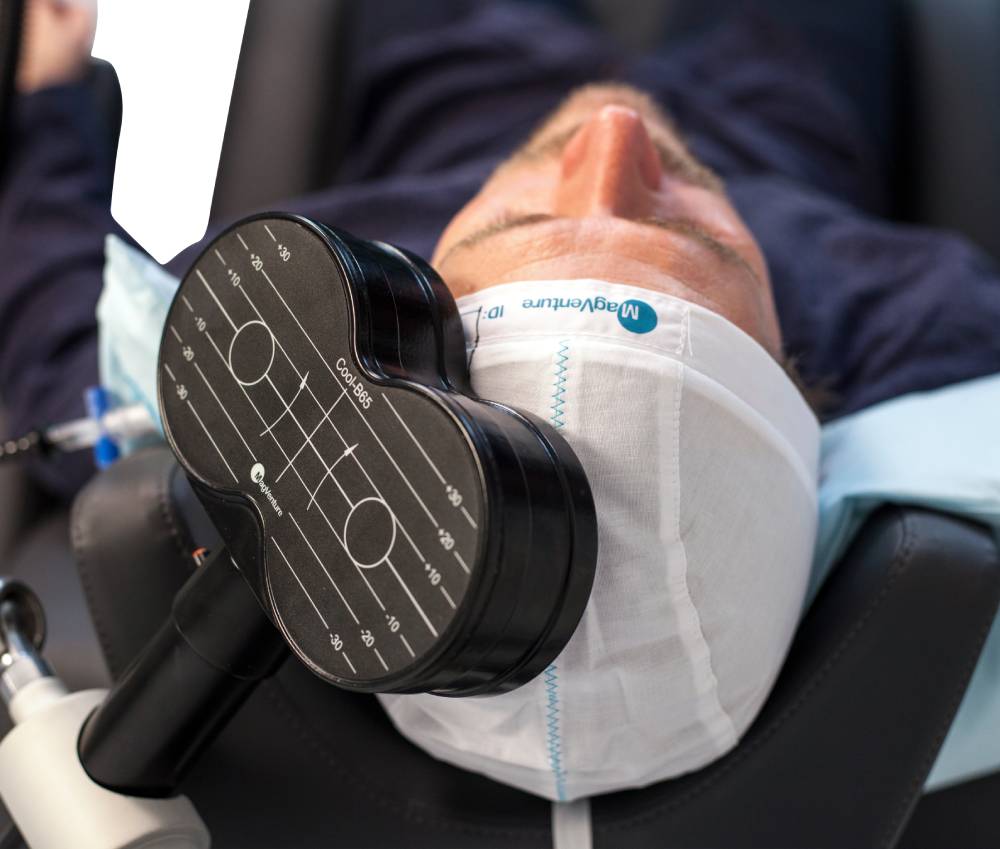
Post-Traumatic Stress Disorder (PTSD) is a debilitating condition that affects millions of people, leaving them grappling with flashbacks, anxiety, and a heightened state of awareness. Traditional treatment methods, such as therapy and medications, are often effective, but some patients need additional support to manage their symptoms. This is where Transcranial Magnetic Stimulation (TMS) has emerged as a promising alternative. As a non-invasive, drug-free treatment option, TMS is helping individuals with PTSD regain control of their lives.
Understanding PTSD and Its Impact
PTSD is a mental health disorder triggered by experiencing or witnessing a traumatic event. People with PTSD often struggle with persistent memories of the event, avoidance behaviors, negative changes in mood, and heightened reactivity. These symptoms can significantly disrupt daily life, relationships, and the ability to function normally. Traditional treatment methods, such as cognitive-behavioral therapy (CBT) and medications, can be effective, but not everyone responds favorably. This is where TMS can offer new hope.
What is TMS?
Transcranial Magnetic Stimulation (TMS) is a non-invasive treatment that uses magnetic fields to stimulate nerve cells in the brain. TMS targets specific areas of the brain associated with mood regulation, such as the prefrontal cortex. During a session, a device is placed over the patient's head, and electromagnetic pulses are delivered to stimulate these brain regions, promoting changes in activity patterns.
The technology behind TMS is based on decades of neuroscience research, and it has been used to treat various mental health conditions, including depression and anxiety. In recent years, researchers have explored its potential to treat PTSD with encouraging results.
How Does TMS Work for PTSD?
The exact mechanisms behind TMS's effectiveness in treating PTSD are still being studied, but it is believed to work by altering brain activity in areas that are affected by trauma. Studies have shown that people with PTSD often have abnormal activity levels in specific regions of the brain, such as the amygdala (which processes fear and emotion) and the prefrontal cortex (which regulates emotional responses).
TMS helps to "reset" the activity in these regions, allowing the brain to process traumatic memories in a more balanced way. As a result, patients may experience a reduction in symptoms such as intrusive thoughts, emotional numbness, and hyperarousal.
The Benefits of TMS for PTSD
Non-Invasive and Drug-Free: One of the most significant benefits of TMS is that it is a non-invasive procedure. Unlike medications, which can have side effects or lead to dependence, TMS does not involve drugs and works directly on the brain's neural pathways.
Targeted Treatment: TMS specifically targets areas of the brain that are linked to PTSD symptoms. This focused approach allows for precise stimulation, helping to alleviate specific symptoms.
Long-Lasting Results: Research suggests that many patients experience long-term relief after completing a course of TMS treatment. While individual responses vary, TMS has been shown to provide lasting benefits for those who do not respond to traditional therapies.
Minimal Side Effects: The side effects of TMS are generally mild and temporary, including possible scalp discomfort or headache during treatment. Unlike medications, there is no risk of systemic side effects like weight gain, drowsiness, or gastrointestinal issues.
Is TMS Right for You?
If you or a loved one is struggling with PTSD and have not found relief from traditional treatments, TMS could be a valuable option. It is important to consult with a healthcare provider to determine whether TMS is suitable for your specific condition. At Thunder Pain and Wellness, we offer personalized consultations to explore if TMS could be the right solution for you.
If you're seeking alternative treatments for PTSD, contact Thunder Pain and Wellness to learn more about how TMS could help you reclaim your life from PTSD. Visit our office in Reno, Nevada, or call (775) 254-7400 to schedule a consultation today.




